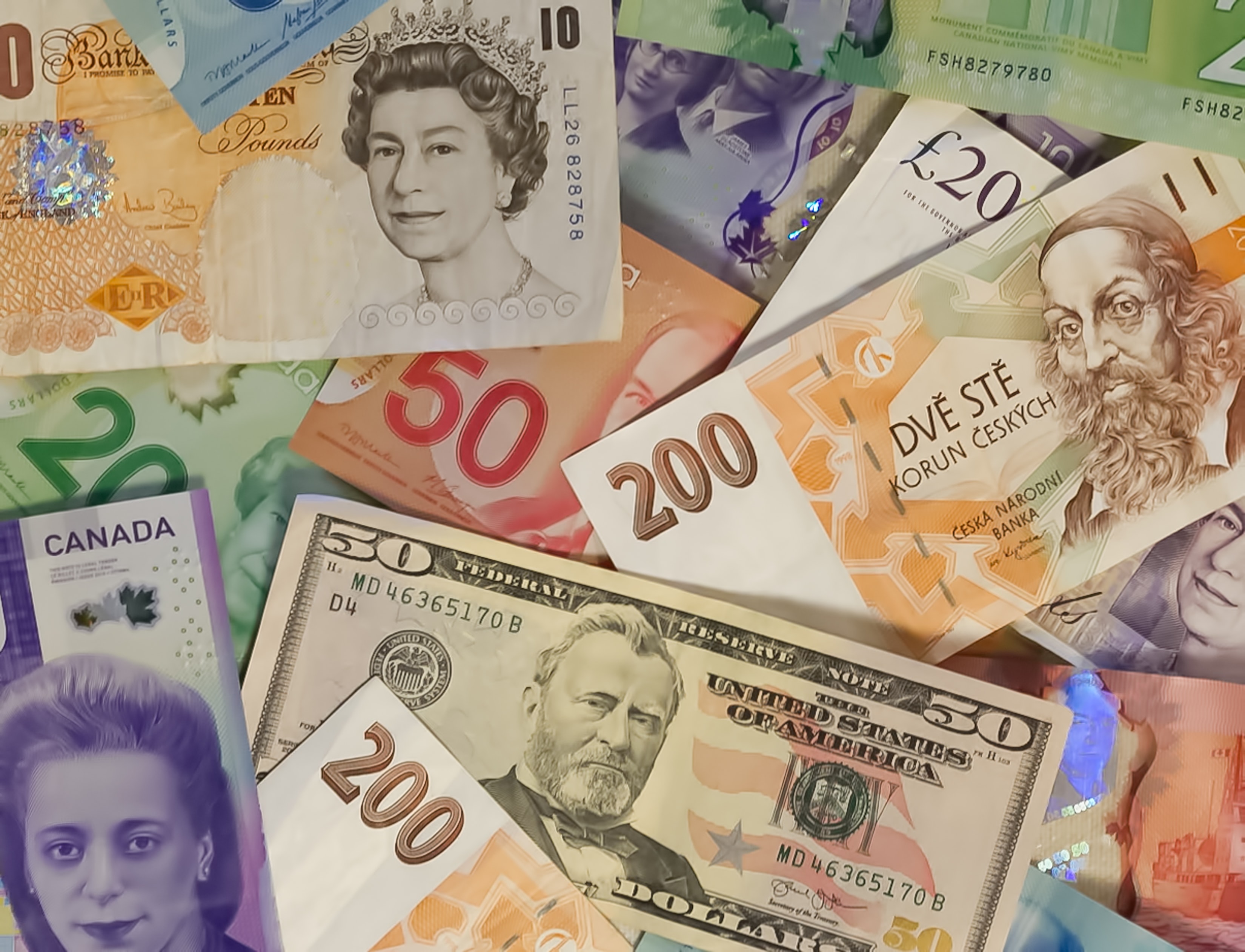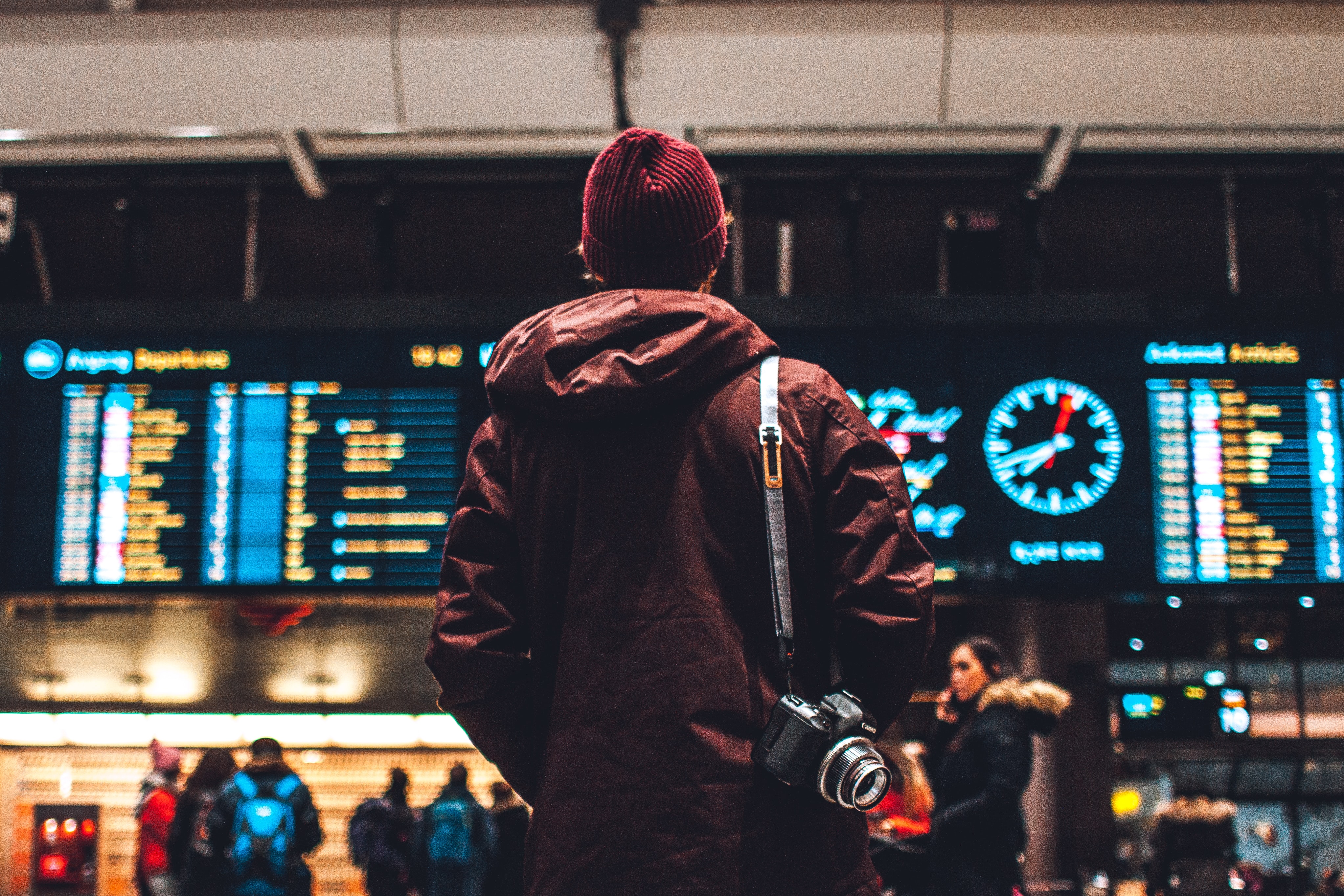It's an exciting experience to travel abroad, but knowing how to manage your finances while you're there is essential for a smooth journey. With your credit or debit card, you would think it would be easy to pay for everything.
After all, we live in the age of convenience. But when it comes to convenience and comfort, paying with plastic is not always the best option. Not to mention what fees it could cost you.
Before you get to the airport, read these five tips to learn how to use money abroad If you heed this advice you will be rewarded with a cheaper and smoother travel experience.

Limit the Cash
It may be risky to use credit as your primary holiday payment form, as there could be a greater incentive to overspend. You can stick to a set budget more efficiently by using cash as it allows you to spend within a specific range.
But cash can not be replaced, and you can lose all of your vacation funds if you drop your wallet or if anyone steals your money. So you have got to balance plastic with cash.
However, you're not responsible for fraudulent charges if anyone steals your credit card. And with a debit card, your bank will refund fraudulent transactions, but it may take a few days for the funds to enter your account.
Therefore on your holiday, bring some cash, but do not carry too much. Keep at least one or two credit cards with you, and to remain within your vacation budget, set yourself a regular spending cap.
Adapt to the Local Money Culture
Depending on where you are, being prepared to pay your way on holiday means various things. You'll need to ensure you have a range of bills and coins on hand at all times in a cash economy.
However, having a compatible credit card can come in very handy in most of Europe and Asia. Automation is widespread, and chip-and-PIN credit card technology is standard.
That is particularly if you find yourself at an unattended gas station or at a train station after hours.
Bear in mind, too, that U.S. dollars are an official or unofficial secondary currency in many nations, so having a few greenbacks ready is smart.
Look for the Best Exchange Rates
You'll pass plenty of gleaming currency exchange kiosks at both departure and arrival airports. The warmth and impulse to plan for anything on a trip make it tempting to rest and trade in some of your cash from your country.
However, at the airport or in any other place that screams for visitors, you should avoid buying currency. By offering you a less advantageous exchange rate, currency exchange firms make profits.
Often, they charge extra fees, just like the international transaction fees you want to avoid purchases of credit cards. The ATM could be better but might charge a fee to take out money, and your bank may have additional fees.
Before you depart, consult with your bank. Withdrawing as much as possible at once and avoiding regular visits to the ATM is the easiest way to reduce fees.
Traveler's Checks and Prepaid Cards
Traveler checks and check cards offer more excellent protection than cash because if lost or stolen, they can be replaced (usually within 24 hours).
Although conventional traveler checks have gone mainly the dinosaur's way, Visa and Travelex offer travel cards prepaid like traveler checks but operate for transactions and ATM withdrawals like credit cards.
Travelex also provides a chip-and-PIN card called Cash Passport (available in many different currencies). This can prevent the issues mentioned above that U.S. travelers have with overseas.
Often, conventional American Express checks are still useful as currency if you can't find a working ATM.
Protect Your Devices
Always be aware of where you are using your cards, if you think it's a sketchy ATM, it probably is. You may give access to your financial apps and other personal data by using these places.
A thief may extract information from your bank account or credit card and make fraudulent transactions if you use shared Wi-Fi.
Password-protect each computer to keep your information secure, and program devices to auto-lock after one or two minutes of inactivity to ensure your protection.

Conclusion
When traveling, carry the money you need on that day and not more. If possible, use traveler checks that can be reimbursed. And most importantly of all, keep your PINS safe.
Traveling is not financially scary as long as you are prepared.







